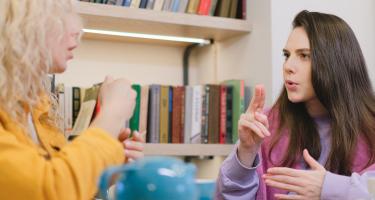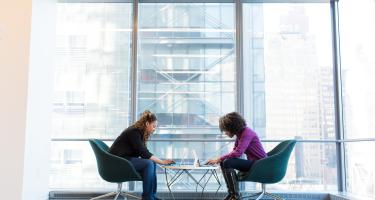
Historical records reveal major space weather events
What would you do if the power went out? Our lives are increasingly reliant on technology; our work and our social lives often require access to the internet. Lights, televisions, and refrigerators require electricity to run. These devices, and the power grid as a whole, are subject to a major threat society is not totally prepared for: the Sun’s bad behavior.






